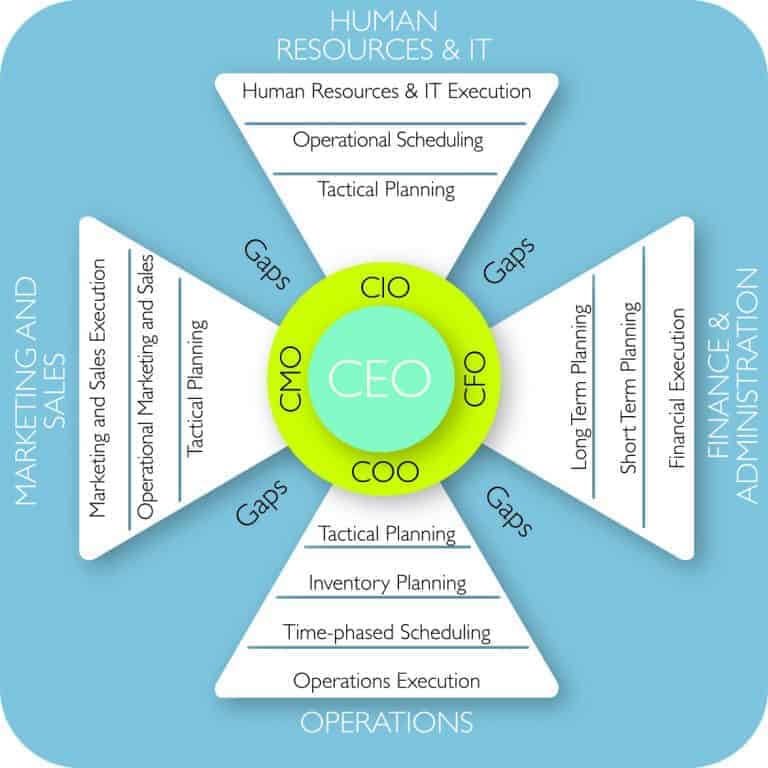Information of Supply Chain
This is the part 2 of my earlier post What I Learnt Fighting Pirates (Not in the Caribbean)! (that post was getting too long, so I had to break it into two parts).
I asked bosun to send a repelling party to cut the ladder and the scrambling rope,
while I sent two other reconnaissance parties to the stern and starboard side of the ship to make sure there were no other boarding parties in the dark.
Meanwhile, I was getting an emergency command post established on the boat deck. I sent the cadets to get walkie talkies and give these to the leaders of each of the party.
As the pirates’ associate on the deck was pulling up the ladder, another of them was fast scrambling up the rope to help him secure the beachhead.
Our repelling party was still about 50 meters away when the second pirate was on board.
He unleashed a big weapon (I will not name the weapon because my sons read my blogs and I do not want them to get wrong ideas) that stopped our repelling party in its track.
That gave the first pirate enough time to tie the rope ladder and up they came with their weapons and numbers. Obviously, we did not want any casualties.
It appeared that even the pirates were eager to avoid casualties. We reached a sort of short stalemate – they controlled the deck with superior weapons and numbers.
We had the advantage of height and visibility from boat deck, and we controlled the accommodation.
Their worst case would have been to jump back over the ships side into the water, scramble into their boats and disappear into the night.
Our worst case would have been to close all the accommodation water tight doors (thick steel doors) and lock up from inside. We were still trying to gauge their intentions. What were they after?
Did they want to hijack the ship? Did they want the cash from the captain’s safe? Did they want the crew’s valuables?
Did they mistakenly believe that the ships’ cargo was something valuable which could be sold at big profit locally?
As the two rival parties stood on the deck eyeing each other – soon their intentions became clear. A few of them started approaching a bunch of 200 Liter drums tied up on the deck.
These were delivered that very day, and contained lubricating oil for the ships engines. Hard to recall the exact number but there were around 20-30 drums totaling about 4000-6000 liters of lubricating oil.
Why would they want it – we do not know. But one by one – they untied each drum and lowered it into their boats till all of them were taken.
From our point of view, this was not something to lose life over. In fact, the only thing we were prepared to defend, was the accommodation – because it was necessary, and a feasible task.
With their superior weapons they were in a position to take any of the deck stores (or even cargo); these things were insured and replaceable.
They made no such attempts, and disembarked to leave soon after. It was not a huge loss of goods .
Still, this incident rankles in my memory as I try and think about what we could have done better.
We could surely have a number of watchmen instead of just one QM on duty. Extra watch would have ensured that no ropes with grappling hooks were left uncut.
But given that crews in most ships are stretched too thin – that would be done only in piracy prone areas, which this was not known to be.
Plus, our ship did not have valuable cargo that generally attracts pirates. We could have also run faster to prevent the ladder being lowered to them. But second pirate put an end to that quest.
If our repelling party had reached them when the second pirate was still on the scrambling rope, we might have succeeded in cutting his rope and also cutting the ladder away.
But they had chosen boarding spot carefully – nearly 150 meters away from the accommodation.
Takes a long time to get to in a situation like this, where split seconds make all the difference.
We could have better weapons, so we could have a fairer fight at hand, and there are pros and cons to that argument in that situation. But, in another set of situations,
I see people grappling with impossible odds with inadequate weapons all the time.
I am talking about business transformations that I help companies with for the last 19 years since becoming a management consultant after my MBA.
Traditional tools of industrial age – methodologies, knowledge, practices and power structures are regularly deployed to fight superior forces of information age.
Most people do not know the difference between the information age weapons and the industrial age tools, till it is too late.
Take a look at the graphic at the end of the blog.
And, if you are still convinced that you have everything for the fight ahead – head out to Diagnostic Tool Kit to confirm your opinion.
On the other hand, if you are still taking stock of the situation, like I was doing from the boat deck before sending the repelling party out, Diagnostic Tool Kit will immediately give you the necessary information to formulate your game plan.
Companies Value of Supply Chain






